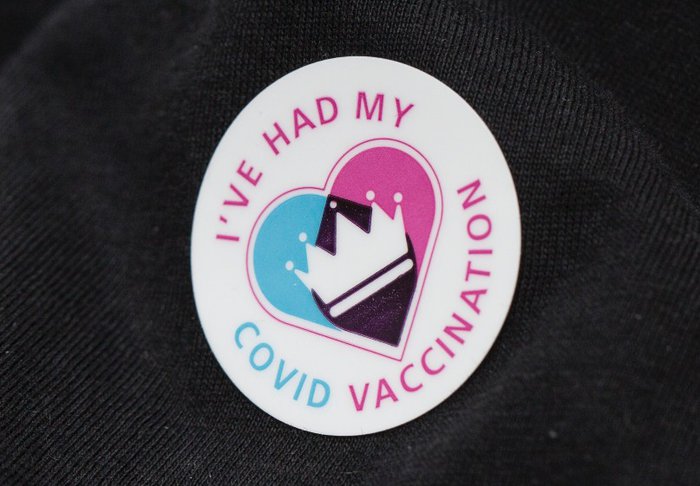80% of people with blood cancer have not been told the Covid vaccines may not work for them
The lives of tens of thousands of people with blood cancer are being put at risk because they've not been told the Covid vaccines are less likely to work as well for them.

We have called for urgent action from the Government and the NHS after our survey of 1,031 people with blood cancer, carried out online, showed that 81% of respondents said they had not been told by the NHS that their weakened immune systems mean they are less likely to have an immune response to the vaccine.
Unless people with blood cancer know they still may be at risk of contracting Covid, even after having both vaccine doses, they are not in a position to make their own informed decisions about how much risk they should take.
This is a particular issue because Covid is especially dangerous for the 230,000 people in the UK with blood cancer, as their immune systems are less able to fight it off.
People with the condition now account for a higher proportion of Covid admissions to intensive care than earlier in the pandemic, and with the rising infection rate, we are warning that failing to act now could result in unnecessary deaths.
We've called on the Government and NHS to:
- Launch a communications campaign about vaccine efficacy in immunocompromised people;
- Urgently write to or email every immunocompromised person in the UK to let them know they may not be protected and what precautions they can take.
Gemma Peters, Chief Executive of Blood Cancer UK, said: “We have known since the start of the vaccination programme that immunocompromised people were less likely to be protected by the vaccines. Over the last few months of research that we have funded, we have shown that many blood cancers and treatments have a significant impact on vaccine response. So I am really worried that many people with blood cancer have not yet been told this, and so cannot make informed decisions to better protect themselves even after their second jab.
“The Government needs to communicate with every immunocompromised person to tell them that they are at risk, and to make this lifesaving message a key part of its communications. Given the rising infection rate, failing to act quickly could result in unnecessary deaths.”
Professor Adele Fielding, President of the British Society for Haematology, said: “Vaccines are often less effective in patients with blood cancers, due to both their disease or their treatment. The Covid vaccines are no exception. They may offer much more limited protection to some patients with blood cancers and it is important that there is widespread awareness of this among patients, their families and their healthcare teams.”
Professor Andrew Pettitt, a Haemato-oncologist based at the University of Liverpool and Clatterbridge Cancer Centre, said: “It’s vital that our patient community are aware of what the data is showing. As a clinician, I can explain to patients that they should certainly get vaccinated but might not be fully protected. However, not all patients speak to their doctor or specialist nurse on a regular basis, and we therefore need wider help to get this message across to keep our patients safe.”
Nicola Mendelsohn, who is Vice-President of Facebook and founder of the Follicular Lymphoma Foundation, said: “As someone with lymphoma, I knew I was at high risk from Covid but assumed the vaccine had protected me. I was shocked when my antibody test came back negative even after I had had two vaccine doses.
"I now know that I may still be at risk from Covid, and so can make my own informed decisions about how much I see my friends and family – balancing trying to avoid coming into contact with the virus, with the need to get on with my life.
"But it is shocking that so many people with blood cancer have not been told the vaccine may not have worked as well for them, and so may be doing things in their day-to-day lives that they wouldn’t dream of doing if they had all the facts. I really hope the Government and the NHS fix this urgently, as people’s lives are at stake in this.”
Our advice continues to be:
Everyone with blood cancer should make sure they're vaccinated, unless they are specifically advised not to. The vaccines are safe, and may still offer some level of protection to people with a weakened immune system.
